South Korea, June 6, 2024 — South Korea marks Korean Memorial Day, also known as Hyunchoongil, on June 6th each year. This national holiday is dedicated to honoring the soldiers and civilians who sacrificed their lives for the country during the Korean War and other conflicts. Most businesses and schools are closed, reflecting the day's significance.
Memorial Day holds a pivotal place in South Korean society, fostering inclusivity and respect among global teams by recognizing diverse holidays. Understanding and appreciating different traditions and histories enhance team cohesion and productivity, especially in a multicultural environment.
The central event of Korean Memorial Day is a memorial ceremony held at the Seoul National Cemetery, a tradition that began in 1956. At 10 a.m., a siren rings across the nation, and people observe a minute of silent prayer. The South Korean flag is flown at half-staff. High-ranking officials, including the President, Prime Minister, and leaders of other constitutional institutions, participate in this solemn ceremony. They honor the Righteous Army, the Korean Liberation Army, and the Republic of Korea Armed Forces.
This day commemorates the brave men and women who sacrificed their lives during the Korean War and the Vietnam War. Significant historical battles such as the Battle of Bongoh Town and the Battle of Cheongsan-ri, fought against the Japanese Imperial Army, are also remembered. The holiday celebrates not only past heroes but also those currently serving in the military.
Korean Memorial Day was declared a public holiday on April 19, 1956, shortly after the end of the Korean War, which began in 1950 and ended in 1953. The war split the Korean Peninsula into North Korea and South Korea, leaving a lasting impact on the region. June has been viewed as a month dedicated to war veterans and patriots since 1954.
The memorial ceremony in Seoul National Cemetery is a significant event, attended by the President, government officials, and civilians. In 2020, the Memorial Day observance was especially notable as it coincided with the 100th anniversary of the victory in the Battle of Bongoh Town, hailed by President Moon Jae-in as the most significant war victory in the history of the Korean Independent Army.
At 10 a.m. on June 6, a nationwide siren marks a minute of silence, with the South Korean flag at half-staff. Citizens and officials lay flowers on the graves of fallen soldiers, and a song known as the Memorial Day Song hyeonchungil norae is played during the ceremony.
In the days leading up to Memorial Day, schools hold events where students create drawings and write letters to soldiers serving at the DMZ (Demilitarized Zone) between North Korea and South Korea. These activities educate students on the significance of the day and the impact of the soldiers' sacrifices on Korean history.
South Koreans also display the national flag at their homes and businesses as a sign of respect and honor for the fallen soldiers. This day serves as a poignant reminder of the sacrifices made for the nation's freedom and the ongoing commitment to peace and security.
END/V7N/SMA/DK/



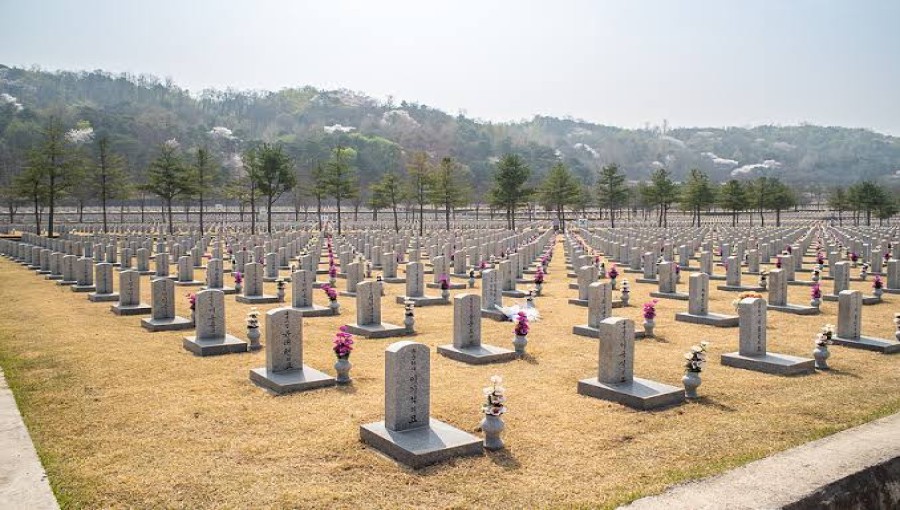






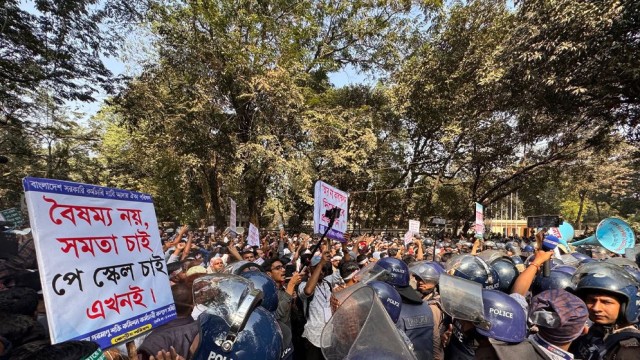
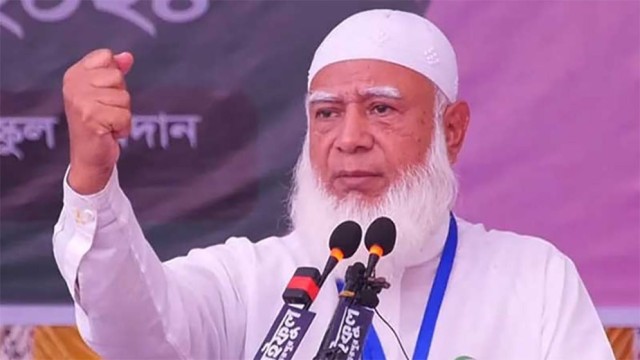
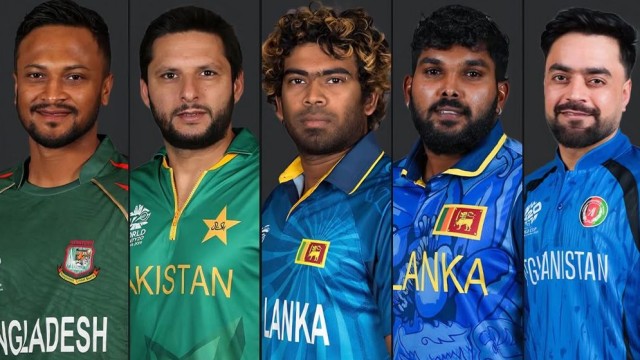


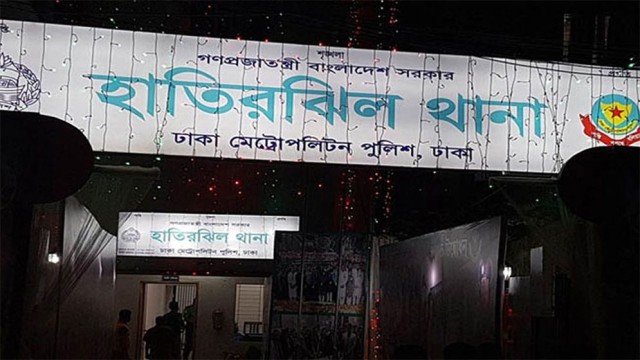
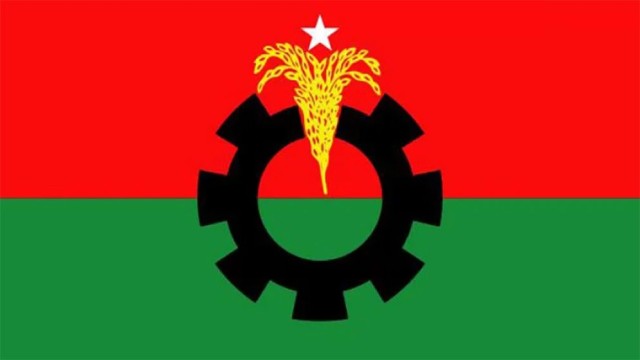
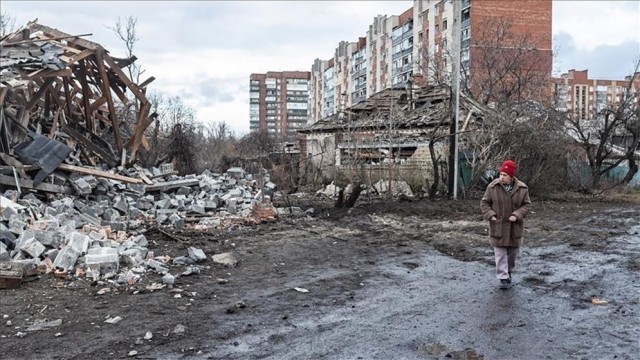












Comment: